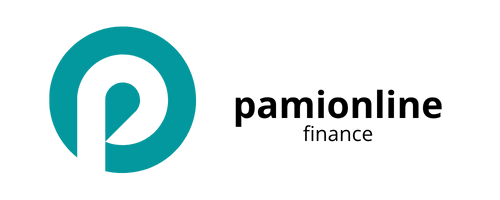Roth IRA vs. 401(k): Which One Is Better for Beginners?
Anyone starting to save for retirement will eventually face this question: should you invest in a Roth IRA or a 401(k)? Both accounts offer tax benefits, but the timing of those advantages and the rules for access differ in meaningful ways depending on your specific situation and personal priorities. For beginners, understanding the trade-offs early can help avoid costly decisions later on. The best option depends not just on income, but also on career stage, tax expectations, savings discipline, and how much financial flexibility you’ll likely need over time.
How Roth IRAs and 401(k)s work

A Roth IRA is a retirement account opened individually and funded with after-tax money. There’s no tax deduction now, but qualified withdrawals in retirement—including earnings—are completely tax-free and unrestricted for eligible savers under current U.S. tax law. A 401(k) is offered through an employer and funded with pre-tax income. These contributions lower your taxable income today, but all future withdrawals—including your original contributions—are taxed at your regular rate when you retire later in life.
Comparing access and flexibility
The Roth IRA provides greater flexibility than most traditional retirement accounts. You can withdraw your contributions at any time, tax-free and without penalties, which offers useful liquidity during life transitions or financial emergencies. A 401(k), in contrast, has strict early withdrawal rules. Taking money out before retirement often results in penalties and taxes. However, the higher contribution limits help accelerate savings for those with stable income and long-term retirement goals.
H3: Which is better for beginners?
New savers often benefit more from a Roth IRA, especially if they expect higher income in the future. Paying taxes now while in a lower bracket may reduce long-term tax exposure. The flexibility to access contributions adds a safety net without disrupting long-term compounding or the tax-free growth inside the account structure.
Roth IRA vs. 401(k): key differences
To choose the right account, it helps to compare the main features side by side. The table below outlines how the Roth IRA and 401(k) differ when it comes to taxes, access, income eligibility, and employer participation—critical factors when you’re starting out on your investment path.
| Feature | Roth IRA | 401(k) |
|---|---|---|
| Tax treatment | Pay taxes now, none later | Pay no taxes now, taxed later |
| Contribution limit (2025) | $7,000 (under 50) | $23,000 (under 50) |
| Employer matching | Not available | Often included |
| Withdrawal rules | Contributions always accessible | Restrictions and penalties apply |
| Investment options | You choose freely | Limited to plan offerings |
| Income eligibility | Yes, limits apply | No income restrictions |
What to consider before deciding
If your job offers matching contributions, starting with a 401(k) can deliver immediate returns. Ignoring employer matches means leaving free money on the table every year. But if you’re freelancing, working part-time, or don’t have access to a plan, a Roth IRA offers more independence and control over how and when you invest. Some people contribute to both when possible, using each account’s strengths. That approach spreads tax exposure over time and builds balance. Regardless of which one you choose first, building the habit of saving early has the biggest long-term impact on your retirement readiness and peace of mind.
Final thoughts
Both the Roth IRA and 401(k) are powerful tools for building wealth, but each serves a different purpose. Roth accounts offer long-term tax freedom, while 401(k)s deliver upfront savings and access to employer benefits. Your income, job benefits, and tax outlook will determine which one works best for your financial reality. The key is not to wait. Delaying your first contribution often has more impact than choosing the wrong account type. Whether you start with a Roth IRA, a 401(k), or both, consistency and time in the market matter more than perfection in your financial strategy or theoretical tax savings.















